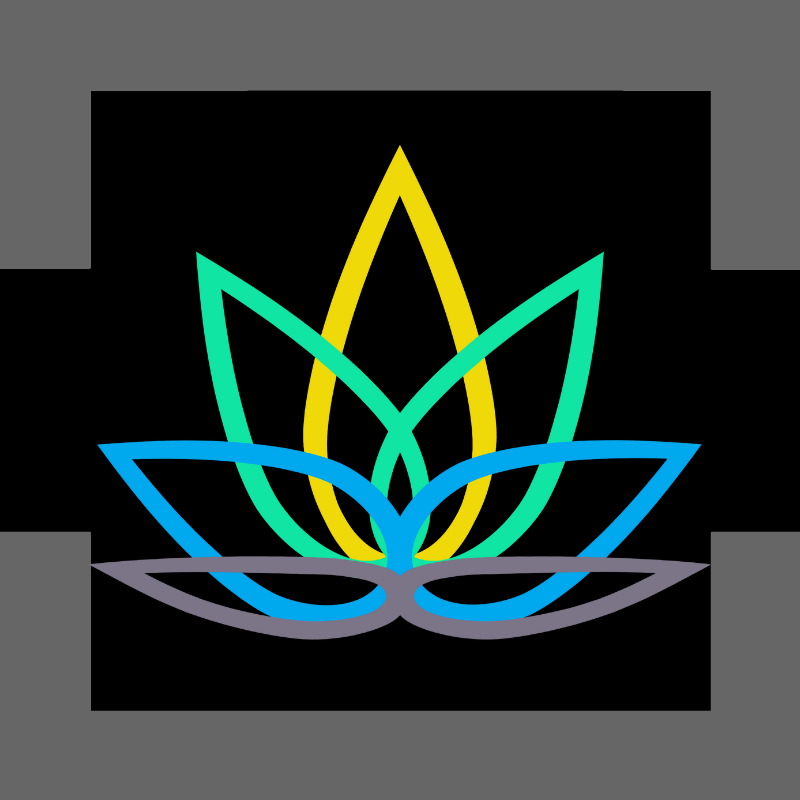
frozen Shoulder and Physiotherapy
Frozen shoulder, also called adhesive capsulitis, causes pain and stiffness in the
shoulder. Over time, the shoulder becomes difficult to move.
After a period of worsening symptoms, this condition tends to get better, although
full recovery may take between 2- 3 years. Physiotherapy, with a focus on shoulder
mobility, is the primary treatment recommendation for this condition.
This condition most commonly affects people between the ages of 40 and 60, and it
occurs in women more often than men. In addition, people with diabetes and thyroid
conditions are at an increased risk for developing frozen shoulder. However, this can happen to anyone at any time. Sometimes it may happen after an injury or surgery. The condition is called “frozen” shoulder because the more pain you feel, the
less likely you’ll use your shoulder. Lack of use causes your shoulder’s capsule to thicken
and become tight, making your shoulder even more difficult to move — it’s “frozen” in its
position.
Pathology of Frozen Shoulder
In frozen shoulder, the shoulder capsule thickens and becomes stiff and tight. Thick
bands of tissue, called adhesions, develop. Hence, the condition is also known as
Adhesive Capsulitis. In many cases, there is less synovial fluid in the joint.
The hallmark signs of this condition are severe pain and being unable to move your
shoulder, either on your own or with the help of someone else. It develops in three
stages:
Stage 1: Freezing
In the freezing stage, pain increases progressively. As the pain worsens, your shoulder
loses range of motion. Freezing typically lasts anywhere from 6 weeks to 9 months.
Stage 2: Frozen
Painful symptoms may improve during this stage, but the stiffness remains. During the 4
to 6 months of the frozen stage, daily activities may be very difficult.
Stage 3: Thawing
Shoulder motion slowly improves during the “thawing” stage. Complete return to normal
or close to normal strength and motion typically takes anywhere from 6 months to 2
years.
The Role of Physiotherapy in curing Frozen Shoulder
Physiotherapy, a non-invasive form of treatment, plays a crucial role in managing and
treating this condition. Physiotherapists apply a variety of techniques to reduce pain,
increase range of motion, and improve function, depending on the phase of the
condition and individual patient needs. They utilize manual therapy techniques to stretch
and mobilize the shoulder joint and strengthen the muscles supporting it.
Exercises are designed to improve flexibility, coordination, and strength, and are tailored
to each patient’s individual circumstances and goals. In later stages physiotherapy
intervention can consist of further stretching exercises, postural exercises,
strengthening and pain management techniques. Pain management techniques can
include acupuncture, heat, ultrasound, shockwave therapy and manual therapy. A home
exercise program is also prescribed to maintain shoulder mobility and strength
throughout the various phases.
Physiotherapy and home exercises can be a first-line treatment, with
consideration of the patient’s symptoms and stage of the condition.
How Do We Treat Frozen Shoulder?
A Registered Physiotherapist will perform a detailed examination and determine how
long you will need treatment and how frequently you need to come in for therapy.
To progress through the stages of this condition as quickly as possible, a combination
of treatments is most effective:
– Hands-on mobilization is key to start to get the shoulder moving
– Stretching the capsule and surrounding muscles to improve flexibility
– Soft tissue release of the muscles around the shoulder. The muscles around the
shoulder blade are usually very tight, which adds to the pressure on the joint, so
these muscles need to be released early too.
– Pain relieving modalities and heat therapy is helpful to reduce pain and increase
blood flow to aid in healing.
– You will also be guided through a specific exercise program that you can do at
home, and this will be progressed according to the stage your condition is
at.
Come in and let us help “unfreeze” your frozen shoulder!
Immediate Help through Physiotherapy for Shoulder Pain:
Are you experiencing non-stop pain in the shoulder area? Looking for a sustainable cure for frozen shoulder? Not knowing about how frozen shoulder injury recovery would take? Searching for frozen shoulder injury help from registered therapists? Looking for easy exercises for rotator cuff injury pain? Interested in braces for rotator cuff injuries or shoulder pain?
At Curezone Physiotherapy, our frozen shoulder physical therapy experts in Mississauga and Oakville improve shoulder strength and flexibility with targeted exercises and stretches. For Frozen Shoulder Physiotherapy in Mississauga or Oakville, or if you are searching for “shoulder pain physiotherapy near me”, contact us to start your recovery journey. Call us or book an appointment online with our expert physiotherapists.
Also, check out our other frozen shoulder blog entries for further information on this topic.
Frozen Shoulder Treatment Mississauga:
Physiotherapy Clinic Mississauga – Curezone Physiotherapy, Heartland Mississauga.
Physiotherapy Clinic Erin Mills – Curezone Physiotherapy, Erin Mills Mississauga.
Frozen Shoulder Treatment Oakville:
Physiotherapy Clinic Oakville – Curezone Physiotherapy, Burloak Oakville.





